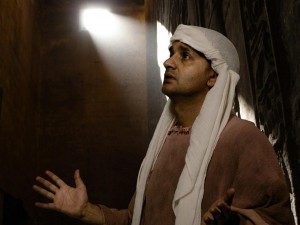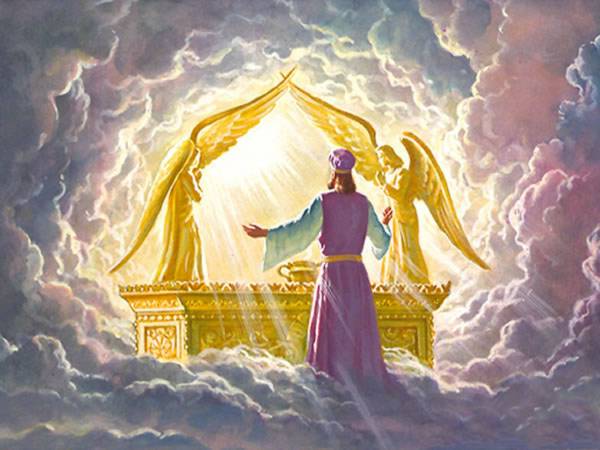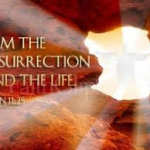Jesus’ Transfiguration: How the mountain-top experiences helps YOU in the valley!

One of the great stories in Matthew, Mark and Luke is the Transfiguration of Jesus. The Gospels tell it in slightly different ways (Matthew 17:1-8, Mark 9:2-8, Luke 9:28-36), but the bones of it are the same.
Jesus is on a mountain with Peter, James and John, his most intimate disciples, and he is transformed or “transfigured” before them. His appearance changes, his clothes become shining white and he talks with Moses and Elijah, who symbolize the Law and the Prophets.
The incident recalls stories about Moses and Elijah in the Old Testament. Moses’ face shines when he talks with God. Elijah was caught up to heaven in a whirlwind. The cloud that covers the mountain recalls the pillar of cloud on the Israelites’ wilderness wanderings and the thick cloud that covered Mount Sinai (Exodus 19:16).

This is an encounter with God, and the disciples – who are very, very frightened – were part of it.
But while what happens on the mountain is spectacular and fascinating, in many ways it’s what happens next that connects with us today.
The cloud and the two great Old Testament figures vanish and the brightness fades. Jesus and his disciples are left on the hilltop and make their way down to the bottom. There they find a scene of struggle and distress. A demon-possessed, literally ‘demonised’ boy is there whom no one could help. Jesus heals him.
It’s the contrast between the glory of the mountain-top and the struggles of the plain that’s so striking. We do have spiritual mountain-top experiences, perhaps in a service of worship or maybe even on a literal mountain-top. We see everything clearly and God is very real. But most of our lives, and most of our ministries, are spent in the plain, struggling with intractable problems and difficult people.
I t’s easy to get discouraged. But someone’s said, “Never doubt in the darkness what God has shown you in the light.” Those glimpses of glory are foretastes of Heaven. They are far more real than the disappointments and difficulties. They remind us of the presence of God in our lives and his support through ordinary, dull, frustrating times.
t’s easy to get discouraged. But someone’s said, “Never doubt in the darkness what God has shown you in the light.” Those glimpses of glory are foretastes of Heaven. They are far more real than the disappointments and difficulties. They remind us of the presence of God in our lives and his support through ordinary, dull, frustrating times.
Susannah Wesley, the mother of John and Charles, had a prayer she used to say: “Help me, Lord, to remember that religion is not to be confined to the church or closet, nor exercised only in prayer or meditation, but that everywhere I am in thy presence.” The Bible commentator William Barclay commented: “The moment of glory does not exist for its own sake; it exists to clothe the common things with a radiance they never had before.”













